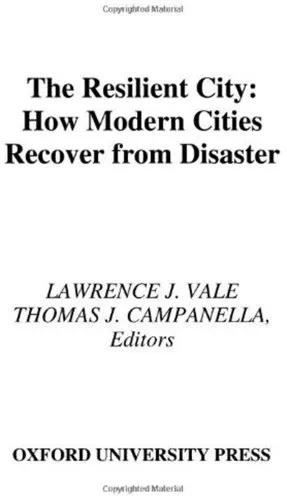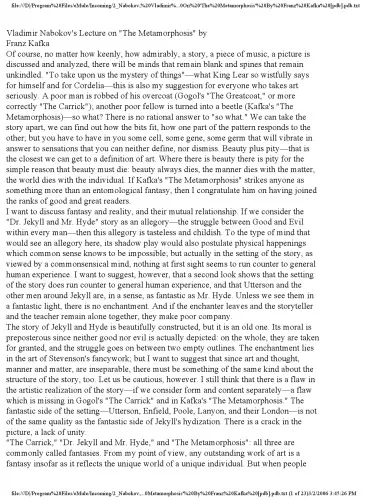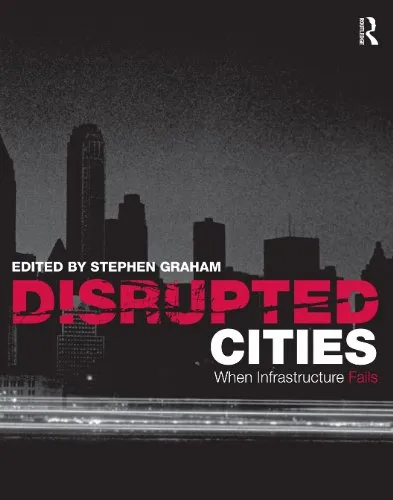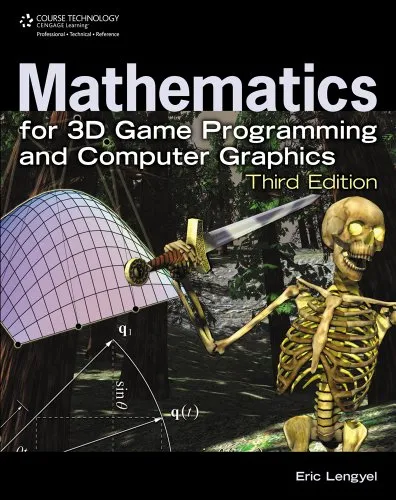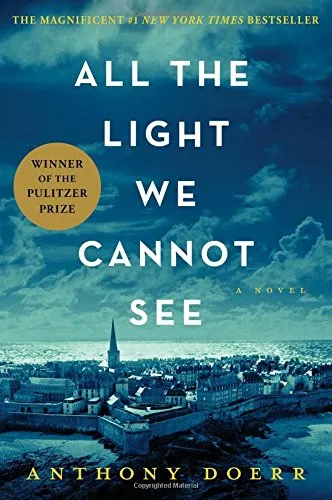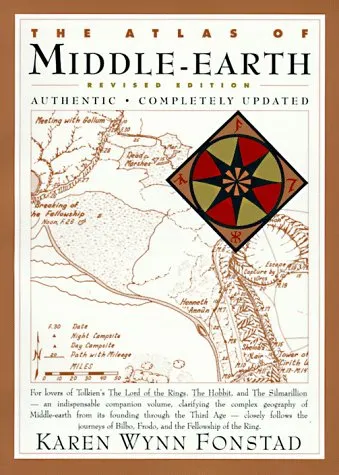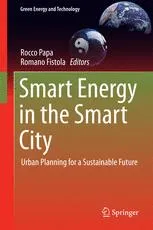The Resilient City: How Modern Cities Recover from Disaster
4.5
Reviews from our users

You Can Ask your questions from this book's AI after Login
Each download or ask from book AI costs 2 points. To earn more free points, please visit the Points Guide Page and complete some valuable actions.Related Refrences:
Introduction to 'The Resilient City: How Modern Cities Recover from Disaster'
'The Resilient City: How Modern Cities Recover from Disaster' is an insightful exploration into the ways cities around the world have rebounded from catastrophic events. Authored by Lawrence J. Vale and Thomas J. Campanella, this book intricately examines the resilience strategies and urban renewal efforts following disasters that have shaped urban landscapes globally. A comprehensive blend of historical analysis and contemporary case studies, this work offers valuable lessons on urban recovery in the face of adversity.
Detailed Summary
The book is structured to delve deeply into how cities not only endure disasters but learn to thrive following them. It begins with a historical perspective, chronicling the resilience of cities in face of natural calamities, wars, and financial upheavals. Using a combination of vivid narratives and critical analysis, Vale and Campanella reveal patterns and strategies that have characterized urban recovery over centuries.
Key chapters cover different geographic regions, discussing unique challenges and solutions that arose. For instance, the reconstruction of New York City after 9/11 and the recovery of New Orleans post-Hurricane Katrina provide quintessential examples of how contemporary cities apply timeless resilience principles. The authors underscore the political, social, and economic dynamics that influence rebuild strategies and emphasize the importance of community agency in recovery processes.
Key Takeaways
- Cities have historically shown an incredible ability to rebound from disasters, often emerging stronger and more adaptive.
- Urban resilience involves not only rebuilding physical infrastructures but also revitalizing social and economic structures.
- Community participation plays a critical role in successful disaster recovery, as it fosters a sense of ownership and strengthens social bonds.
- Policy frameworks and leadership approaches significantly impact the effectiveness and speed of recovery efforts.
- Interdisciplinary strategies that involve architects, urban planners, sociologists, and policymakers are vital for comprehensive recovery.
Famous Quotes from the Book
“Recovery is not just about rebuilding structures but revitalizing the hope and spirit of the people.”
“In the wake of disaster, the strength of a city is measured not by its defenses, but by its capacity to adapt.”
Why This Book Matters
'The Resilient City' is not just a scholarly work but a vital resource for understanding the broader implications of urban resilience. It matters because it equips urban planners, policymakers, architects, and communities with strategic insights into disaster recovery. In an era of increasing environmental uncertainties and socio-political challenges, this book provides a foundational understanding of how cities can harness resilience to ensure sustainable development. Its interdisciplinary approach and the blend of historical narratives with modern examples make it a crucial read for anyone interested in the future of urban living. The book's relevance is further accentuated by its emphasis on the human dimension of recovery, showcasing not just how cities rebuild, but how they fundamentally redefine themselves post-disaster.
Free Direct Download
You Can Download this book after Login
Accessing books through legal platforms and public libraries not only supports the rights of authors and publishers but also contributes to the sustainability of reading culture. Before downloading, please take a moment to consider these options.
Find this book on other platforms:
WorldCat helps you find books in libraries worldwide.
See ratings, reviews, and discussions on Goodreads.
Find and buy rare or used books on AbeBooks.
1694
بازدید4.5
امتیاز0
نظر98%
رضایتReviews:
4.5
Based on 0 users review
Questions & Answers
Ask questions about this book or help others by answering
No questions yet. Be the first to ask!
